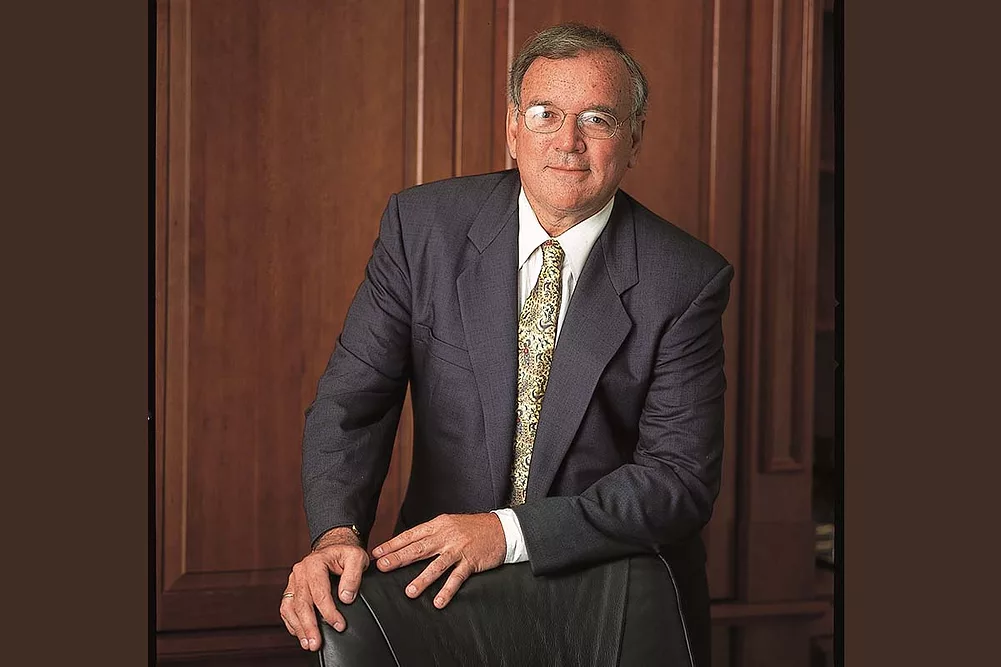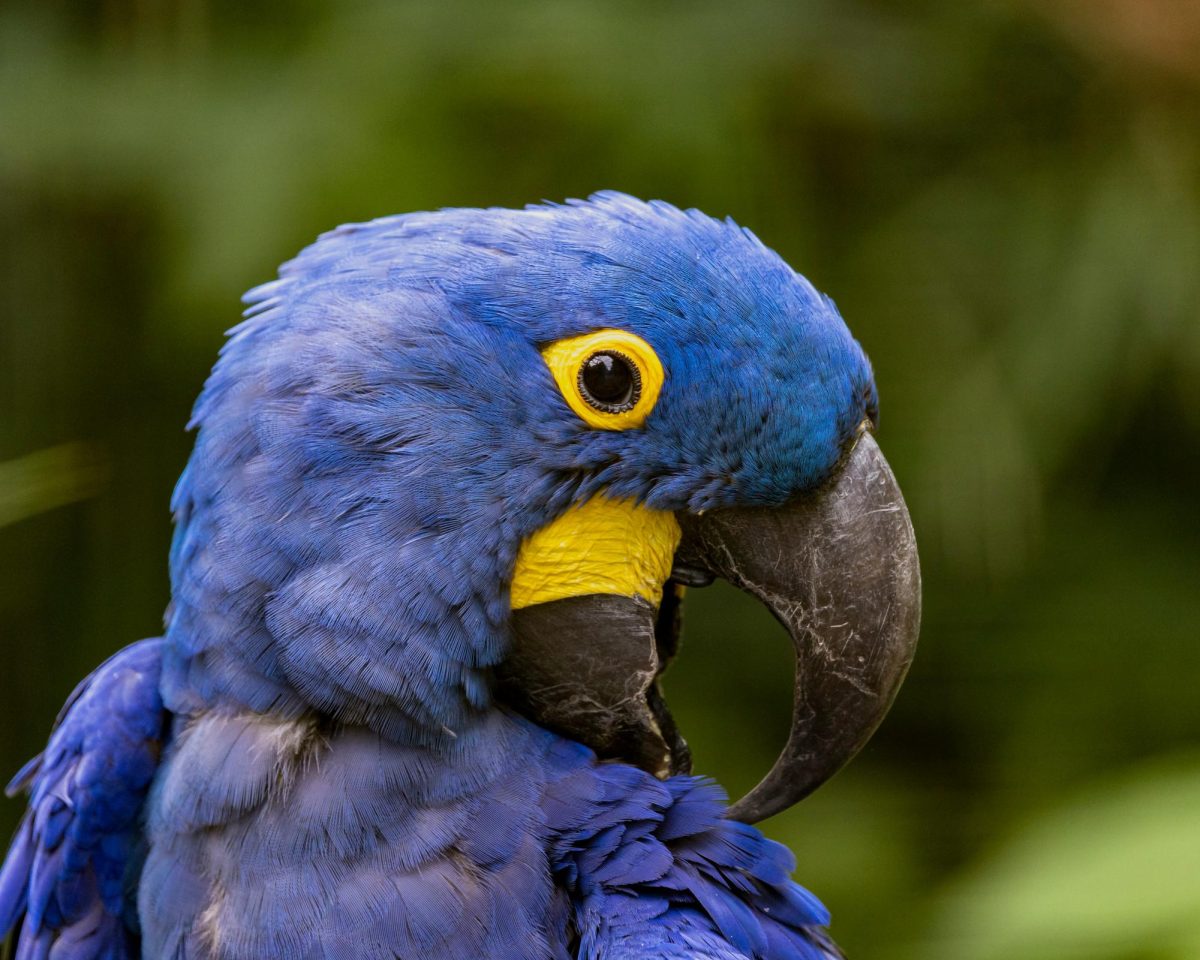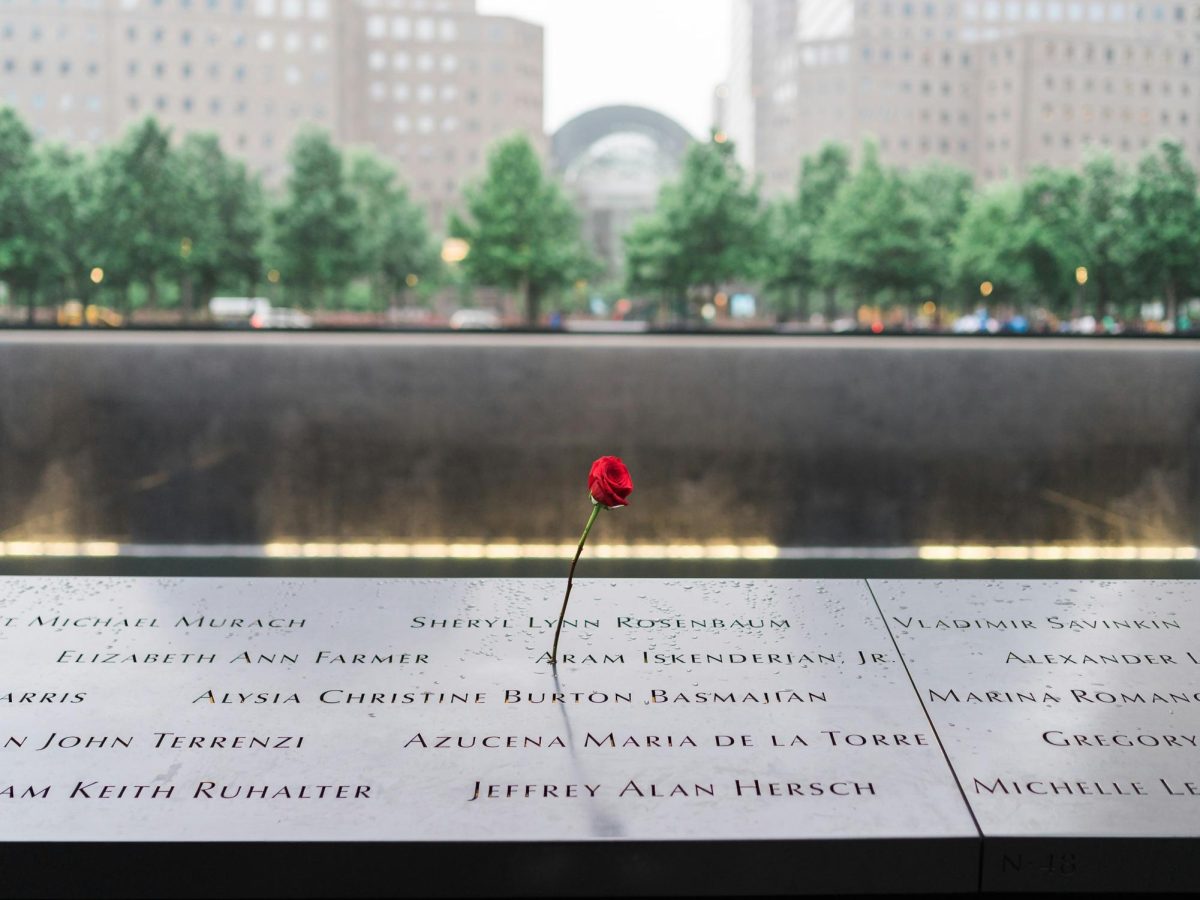For many, last week an annual conference of twenty countries got together and agreed on some things. But this conference, a regular meeting around global economic and political issues, is one of few global bodies with serious clout. Decisions made by this body show real agreement among the most powerful countries regarding some of the biggest global issues.
The group was founded shortly after the Asian financial crisis in 1999, but only began meeting in the similarly terrible 2008 global recession. Since then, the group has been made up of 20 permanent members that include major economic forces from across the globe.
This year’s conference was hosted in Delhi, held by Indian Prime Minister Narendra Modi – who used the event to improve his nation’s international standing. In coverage of the preparations, many outlets (namely Al Jazeera) reported the intentional covering up of Delhi’s slums surrounding the proceedings.
At the conference itself, there were a few developments. By far the standout moment though, was the addition of the multinational African Union to their membership, the first time there has been an expansion to the group and a reflection of Africa’s increasing importance to the global economy. This, in theory, makes this group the “G21”.
The group also adopted a resolution that did not sharply condemn Russia’s invasion of Ukraine, a sharp turnaround from the previous year’s resolution where they called for Russia’s immediate withdrawal.
The yearly rotation of the G20’s presidency was passed along to Brazil, who will host next year’s conference.


